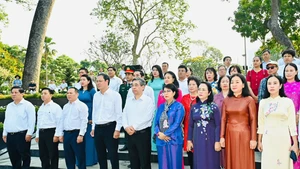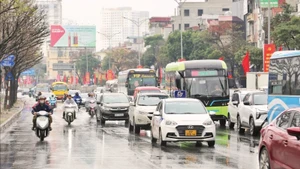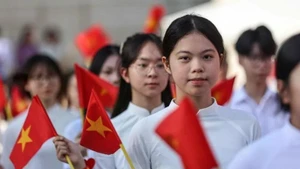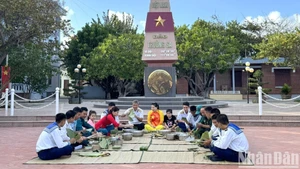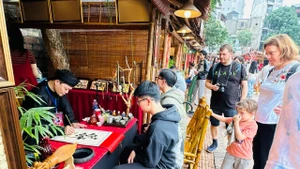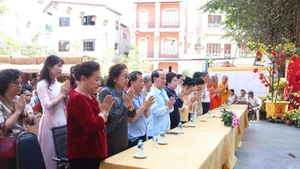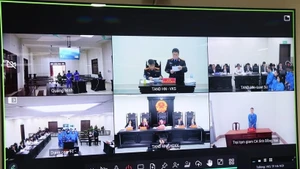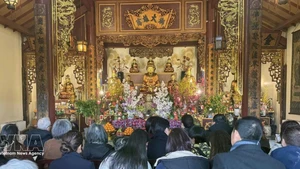Q: Looking back at the 30 years since the Beijing Declaration and Platform for Action, what progress and challenges have emerged in supporting survivors of gender-based violence?
A: The legal and policy framework for gender equality in Viet Nam has steadily improved, with increased attention to supporting survivors of violence. These advancements aim to protect the rights and interests of women and those affected by violence.
Key indicators for helping survivors access support services have met and exceeded the targets set by the National Strategy for Gender Equality. Models like the Peace House, under the Viet Nam Women's Union, have expanded in both quantity and quality. These models prioritize survivor-centred care, offering comprehensive services ranging from safe housing to psychological, legal, medical, educational, and vocational support, ensuring sustainable and safe reintegration.
Currently, there are three Peace Houses in operation (Ha Noi, Can Tho, and soon in Quang Binh). However, challenges remain, particularly in terms of human and financial resources. Staff need specialized skills, resilience to handle high-pressure work environments, and adaptability. Funding limitations prevent the provision of fully comprehensive services, necessitating additional resources through socialization efforts.
Q: How has the collaboration between local authorities, law enforcement, and other stakeholders developed in addressing violence and supporting survivors?
A: The adjustment of policies and the implementation of specific programs to prevent and respond to gender-based violence have attracted the involvement of all relevant stakeholders.
Our participation in a nationwide network connecting agencies supporting survivors of gender-based violence has been pivotal. Most clients seeking refuge at the Peace House are referred by organizations like the police, Women’s Union, and the Department of Labor, Invalids, and Social Affairs. This collaborative approach has facilitated effective education, legal support, and resolution of violence cases at the local level, ensuring safe and sustainable reintegration for survivors.
Q: What measures are necessary to ensure that survivors of gender-based violence and human trafficking receive justice and comprehensive support?
A: Vietnam has made significant strides in protecting women’s rights through various policies and laws. However, to further improve the institutional framework and promote gender equality, we must Strengthen the enforcement of policies and laws through robust monitoring, social critique, and strict penalties for violations to ensure that these policies are fully implemented; Enhance the inter-agency system by clearly defining the roles and responsibilities of all involved entities and Focus on improving the quality of facilities providing support services for women and children affected by violence.
Emergency shelters like Peace House are vital lifelines in crisis situations, offering survivors a place to heal, rebuild their self-confidence, and reintegrate into society with renewed hope and resilience.
— Van Tung & Ngoc Nga




